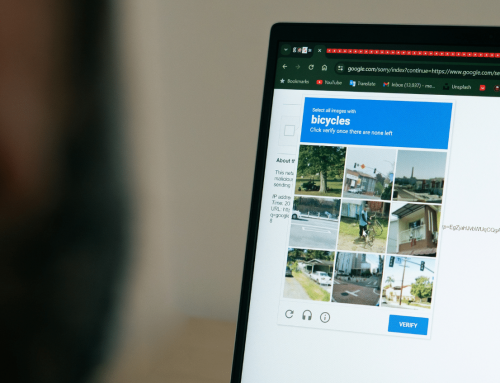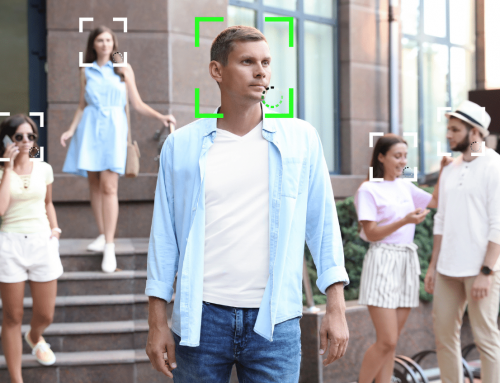No desk, no problem: craftsmanship is becoming the job of the future
While many young people from Gen Z are desperately searching for the perfect degree program - or discussing on TikTok whether artificial intelligence will soon take their jobs - the CEO of the world's most valuable AI company has a completely different message: "Go into the trades!"
Jensen Huang, CEO of Nvidia, contradicts the common narrative that the future of Gen Z only lies in programming, digital marketing or influencer careers. In an interview with Channel 4 News, he makes it clear that electricians, plumbers, builders and carpenters are more in demand today than ever before - especially in the wake of the gigantic boom in data centers.
His appeal: "We need hundreds of thousands of them." And this is not meant metaphorically. The construction of a modern data center alone can employ up to 1,500 tradespeople who, according to Fortune, earn up to 100,000 dollars a year in the USA - without a university degree.
AI revolution needs hands, not likes
Anyone who believes that the AI hype only takes place in fancy offices or Californian server farms is mistaken. Without craftsmanship, there is no cloud. Without craftsmanship, no internet. And no future without craftsmanship - it's as simple as that. Because data centers don't build themselves. The cabling, the cooling, the power supply - all real manual work.
This is why other captains of industry are now also sounding the alarm: Larry Fink, head of the world's largest asset manager BlackRock, warns of a dramatic shortage of electricians. Ford CEO Jim Farley is even predicting a shortage of up to 600,000 skilled workers.
The skilled trades, often ridiculed as a "Plan B" for school dropouts, are suddenly becoming the backbone of the digital infrastructure. And not at some point, but now.
Data centers: The new gold of Gen Z?
The construction phase is just the beginning. Even after a data center has been put into operation, specialized staff are needed on a permanent basis: electrical engineers, plant mechanics, building technicians. People who understand where electricity comes from, what makes machines tick and what happens when things go wrong.
What Huang is talking about is more than just a career tip. It is a social upheaval: the traditional division between the "digital elite" and the "blue collar" is beginning to crumble. Those who work with their hands are suddenly becoming systemically relevant - and highly paid.
For many young people who don't fancy lecture halls and PowerPoint, this is a real alternative. Not everyone has to develop AI - but someone has to build the halls in which it runs.
Comment: Craftsmanship is valuable
Anyone who still believes that the skilled trades are only for those with poor A-levels or for "the others" is living in an illusion that has little to do with the reality of the 21st century. The fact that Jensen Huang, head of the world's most influential tech company, is now publicly promoting the skilled trades is more than just an unusual career tip - it's a wake-up call.
While many young people are wondering whether they should study psychology, business administration or "something to do with media" after school, a technological revolution is taking place in the background that requires completely different skills. Artificial intelligence, cloud computing and big data sound futuristic - but without electricians, construction managers, plumbers or air conditioning technicians, it all remains just theory. No server runs without electricity. No AI works without hardware. And no data center stands on its own.
What Huang says is uncomfortable, but true: the digital world needs analog hands. It is not enough to prepare the next generation for screen-based work - we also need to get them to understand and help shape the world behind the screen.
This is not just about economic necessity, but about a new appreciation for professions that have long been under the radar. Tradespeople have always been the backbone of society - and yet they were often ridiculed. Yet many skilled workers today earn more than academics - and with a job guarantee.







